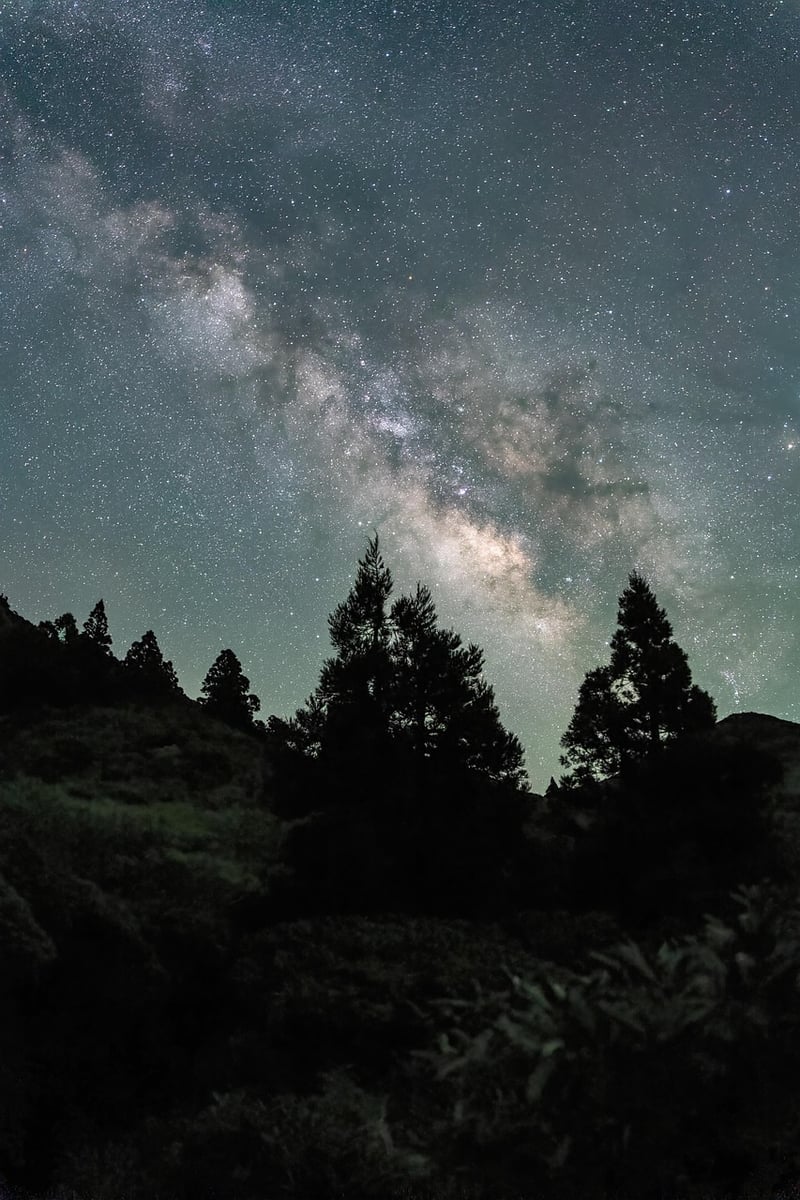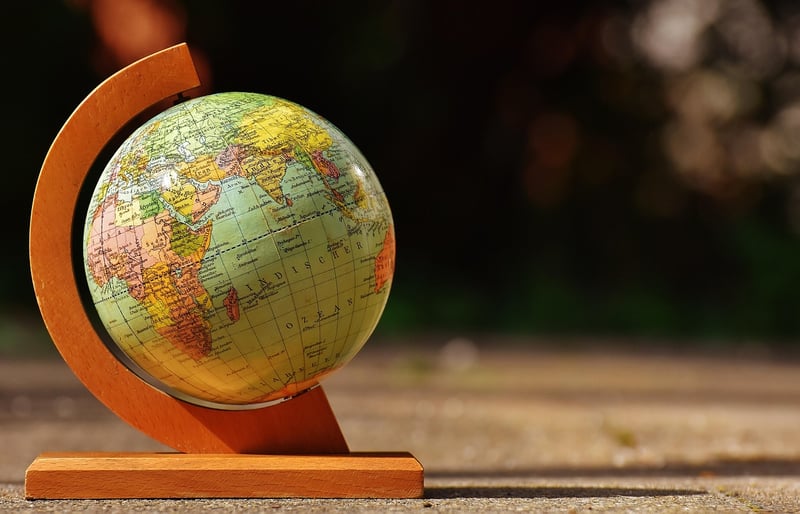Future Exploration
The Evolution of Exploration Through Different Eras and Future Prospects
Ancient Exploration
Ancient civilizations like the Egyptians, Greeks, and Romans were pioneers in exploration. They sailed across seas and traversed vast lands in search of new territories, resources, and knowledge.
Age of Discovery
The Age of Discovery saw European explorers like Columbus, Magellan, and Vasco da Gama embark on voyages that opened up new trade routes and connected the world in ways never seen before.
Space Age
The Space Age marked a new frontier in exploration with the launch of satellites, manned space missions, and the iconic moon landing. Humanity looked beyond Earth and reached for the stars.
Future Exploration
The future of exploration holds exciting possibilities with advancements in technology. From deep-sea exploration to space tourism, humans continue to push boundaries and seek answers to the unknown.
Space Tourism
Companies like SpaceX and Blue Origin are working on making space travel accessible to the public, offering a glimpse of the cosmos to adventurous travelers.
Deep-Sea Exploration
Exploring the depths of the oceans unveils mysterious ecosystems and unique species. Submersibles and underwater drones enable researchers to study these uncharted territories.
Exploring Mars
NASA's Mars missions and plans for human colonization on the Red Planet signify our ambition to expand beyond Earth and establish a presence on another celestial body.
Conclusion
Exploration has been a driving force throughout history, shaping cultures, economies, and our understanding of the world. As we look to the future, the spirit of exploration continues to inspire us to reach new heights and depths in search of knowledge and adventure.


References: History.com - Exploration
